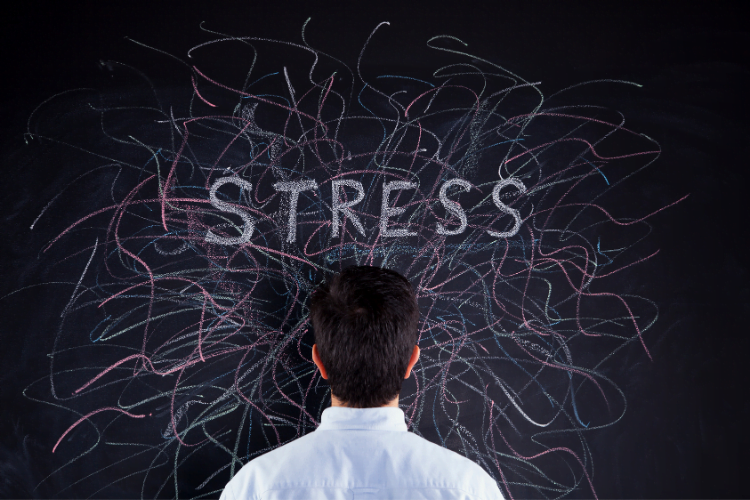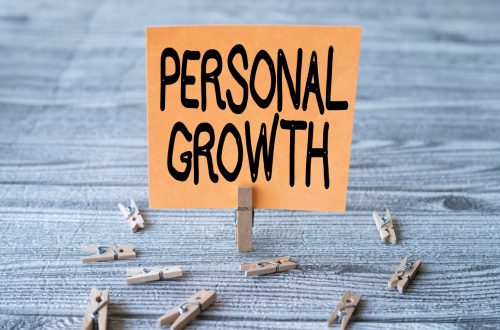
How taking on a hobby is a great channel for stress relief
How taking on a hobby is a great channel for stress relief
 People often think that hobbies are for quiet, laid-back people, but people who have full, busy, or even stressful lives may need hobbies more than the average person.
People often think that hobbies are for quiet, laid-back people, but people who have full, busy, or even stressful lives may need hobbies more than the average person.
Most hobbies are more than worth the time they take because they bring so many benefits. Here are a few good things about having hobbies.
Hobbies Are Good for Your Health
One study found that people who do physical activities for fun at least once a week for at least 20 minutes are less likely to get tired. Other studies found that doing fun things in your free time was linked to lower blood pressure, total cortisol, waist circumference, body mass index, and a feeling that your body was working better.
There was also a link between these kinds of activities and more positive psychosocial states and less depression and bad effects. In the end, it’s worth looking into the mental and physical benefits of hobbies. Find an activity you enjoy, and you’ll make time for yourself and your health.
How taking on a hobby is a great channel for stress relief
Taking a Break
Hobbies give you some time when you don’t have to work or take care of anything. This can be very helpful for people who feel like they have too much to do and need to do something they enjoy to get their energy back.
Those who feel like they have too many responsibilities may find it hard to take a break from their busy lives and just sit and relax.
Hobbies can give people a break with a purpose, making them feel like they’re not just sitting around but doing something useful with their free time.
In either case, hobbies are a great way to take a break from a busy week.
Experiencing Eustress
Hobbies are a good source of eustress, the healthy kind of stress that we all need to keep feeling excited about life, for people who aren’t too stressed out or may even be too bored.
If the rest of your life is pretty boring or uninteresting, a hobby can give you a sense of purpose and fun. It can also break up a boring schedule without making you feel like you’re working. In other words, hobbies can be just hard enough to keep you interested.
Having a way to socialize
Golf rotations, knitting circles, and creative writing groups are all good examples of hobbies that work well as group activities.
When you do things with other people, you can get social support, which can help you feel less stressed and give your life more meaning. Some of your best friends can be the people you have fun with, so activities that bring you closer to other people are well worth your time.
Positive psychology
Positive psychology is a relatively new branch of psychology that looks at what makes life worth living. It has been found that activities that are fun can be great for relaxing and enjoying the moment.
Having fun can make you feel better. Since hobbies usually bring pleasure into your life, keeping them up can help you feel happier overall.
Getting Satisfactions
Also based on positive psychology, gratifications are important things that make life fun and meaningful. Gratifications give us the kind of challenge that makes us use some of our best skills and puts us in a state of flow, which can make us lose track of time and feel like we’re far away from the stresses of life so we can focus on what we’re doing.
The feeling of well-being and less stress can come from gratifications, and most hobbies can be seen as gratifications. If you want more happiness and less stress in your life, hobbies can help you get there.
Avoiding Burnout
Hobbies add a sense of fun and freedom to life, which can make it easier to deal with long-term stress. People who feel overwhelmed at work, for example, can benefit from hobbies because they give them a way to release stress and give them something to look forward to after a hard day (or week) at a stressful job.
Some research shows that people with stressful jobs that usually lead to burnout, like low-control, high-demand jobs, feel less of a need to “recover” from their day at bedtime if they have more non-work-related physical or social leisure activities or hobbies.
In this study, people who felt like they needed to “recover” before bed were more likely to have health problems like psychosomatic complaints and tiredness.
Download the hobbytwin app and tell a friend for instant hobby matching:
For iPhone/iPad&iPod:









